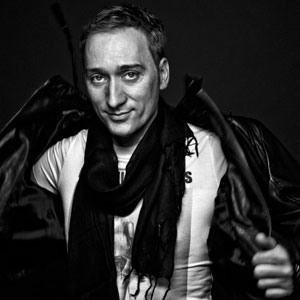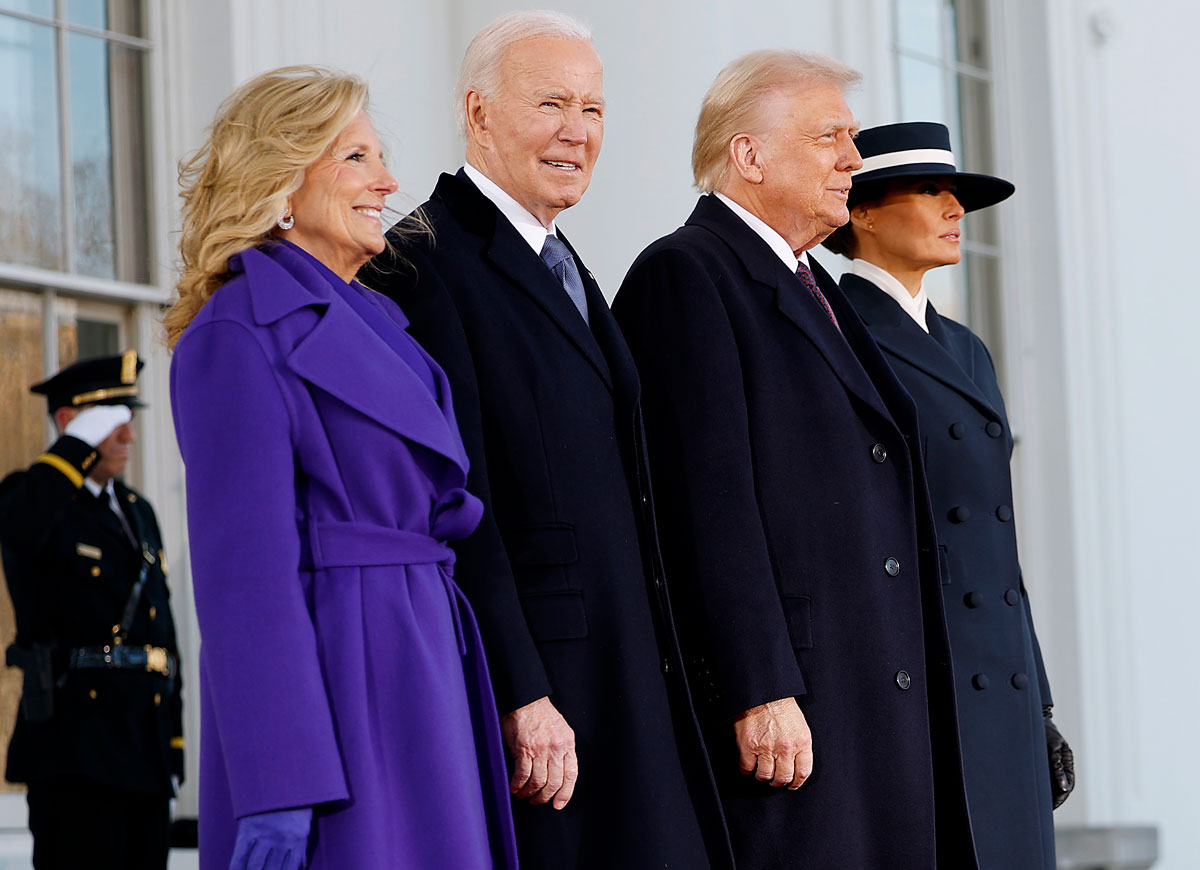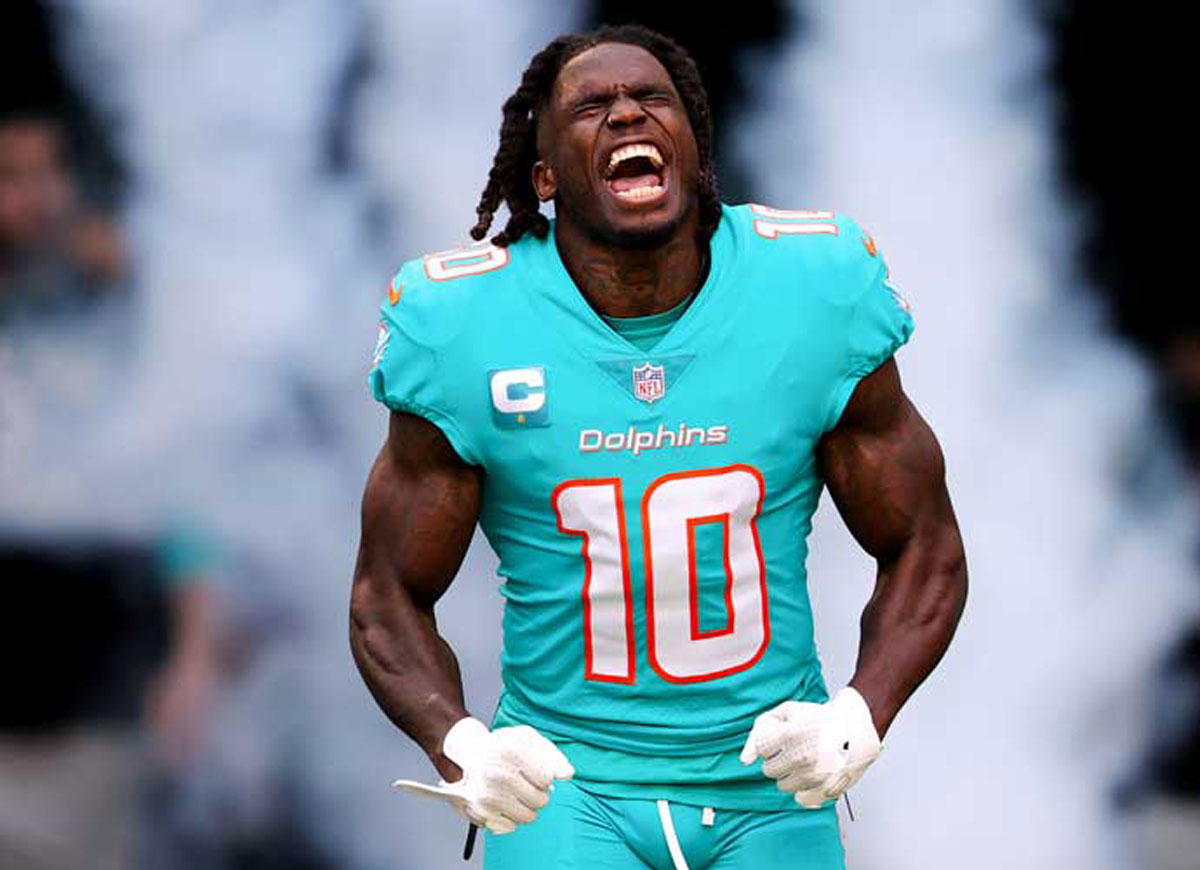DJ Paul Van Dyk Makes An 'Evolution'
Grammy-nominated electronica guru Paul Van Dyk, 40, is a revered DJ and self-professed audio architect who is back after five years to present his anticipated sixth studio album, Evolution. With dozens of awards already under his belt, most notably for “Nothing But You” and “The Other Side,” Van Dyk is back in full force with elaborate tracks like “Eternity,” a collaboration with Owl City mastermind Adam Young.
In our exclusive interview, German-born Van Dyk discusses the significance of his latest project, talks about his experience growing up in East Berlin in his early mixed tapes days, and reveals what bands and albums he’s into now. Van Dyk also gives us his take on drugs in the electronic music scene, and addresses Madonna’s controversial ecstasy statements earlier this year.
For me, it wasn’t really a break. In the meantime, I’ve done music for film, I’ve worked on soundtracks for video games, and I’ve been playing with big classical orchestras. A lot of things that I’ve always wanted to do that obviously require some time. It’s a physical challenge. It was also necessary to restructure the company, because the music market is always changing, so that had to be taken care of as well. Then, as soon as I finished everything, I felt ready to move ahead. I was like, ‘OK, I’m going to the studio to work on the next album.’
Life, in general, is my biggest inspiration. When I go to the studio, I have an idea in my head or an atmospheric sense that I’ve captured somewhere. This is what I’m trying to get across when I’m in the studio. When you look at how life has changed and how we communicate these days — we have Twitter and Facebook and all of these things now — we are in a way much closer together, but also much more divided. If you look at electronic music 20 years ago, it was a small subculture and now it’s the biggest music culture in the world. So all of these changes have had an impact on how I feel and see life. That’s why it’s called Evolution.
It’s a visualized ride through every aspect of Evolution — the Evolution, of course, of human kind. So the intro starts with the Big Bang, it morphs through all of these different elements, and then goes into how the architecture of life has evolved. All sorts of stuff. It’s an interesting use of 3D animation. It was done by the same man who did the Muse show, and the production team that was responsible for it also worked on the Olympic opening and closing ceremonies, so that’s the caliber of people working on this project.
Adam reached out to me four years ago. He was a young producer who said he really loved what I do and would like to work with me, so I said, ‘Send something over!’ I listened to it — it was really cool stuff — and I said, ‘Listen, I know you’re working on an album right now. But when it’s time, let’s definitely hook up and work together on something.’ Meanwhile, he began this Owl City phenomenon and “Fireflies” became a massive hit. But when it was time to work on the album, we got in contact again and said, ‘Let’s work on it.’ The story of how it came about is quite interesting because I wrote the music while I was in Greece, he wrote the lyrics while he was in Australia, he then recorded everything in New York, made arrangements in Mexico, and I produced a final extra track in Berlin in my studio, so it’s rather international.
We wanted to create a virtual world where people survive under difficult circumstances. It’s this world of God. What counts is that the heart lives on, the love lives on for eternity. Anthony Burns, a phenomenal video director from Canada, put all of the visual images together and — I agree with you — he did a fantastic job. I really enjoyed the video, too.
For a long time, people related the use of illegal substances directly with people who listen to electronic music. It was quite hard for those artists to show that we are not drug addicts; we are artists and we make music. So it’s off-track if one of the biggest pop icons of the eighties and nineties suddenly jumps on stage ten years after and calls out for the use of ecstasy. I don’t support that. I’ve never told anybody what they should do or not do. I think all you can say is, ‘If you think you need to do something to enhance your experience, just be careful so you don’t actually hurt yourself.’ I never really took any drugs, so for me, the music is more than enough. I try to encourage people by telling them, ‘Listen, I don’t take anything, I just listen to the music.’ But I’m also not standing there with wagging my finger. If they want to or need to do it, they should do it in the right way. When people take drugs to try to escape real life, it’s a question and responsibility of society — not just of one particular musical genre. If their life sucks so much [that they turn to drugs], it’s a question of society changing it and making it better.
The thing about being a DJ is that music is the most important part of all. You love music, worship music, admire music. But when it’s all about VIP guest lists and partying, and the music becomes completely secondary… that’s just not what I believe in.
I always say, ‘What you don’t know, you don’t miss.’ Therefore, in my memory, my childhood was actually quite alright. I did start to notice that something was very wrong when I became a big fan of music, though, because I grew up in East Berlin and listened to the West Berlin radio station. When I realized I could never go to a record store or concert, or even buy a magazine and read anything about my favorite artist, that is when I realized something was definitely wrong. But I became a big fan of music anyway, especially of radio shows on West Berlin stations. That is how I discovered electronic music for the first time. When the [Berlin] wall came down, I went to all of the clubs. I started to actually buy records and make mixed tapes for my friends. One of my friends passed the tape on to a promoter and that is how I got my first booking. I knew that’s what I wanted to do, so I started to invest all of my time, money, everything into that.
Some of my biggest dreams have already come true. I did remixes for bands like Depeche Mode, who’ve always been a favorite of mine. I’ve just finished a remix of Linkin Park. it’s just working with music that means something to me. But obviously there are many artists that I like, from not too well-known punk bands to big ones like Placebo. I don’t limit myself in that way. But I’m not really the biggest fan of R&B and hip-hop. That’s not my style.
Because I’m already working on my next artist album, I’m listening to a lot of already established bands. It’s more of an artistically-orientated listening to music. It’s like restructuring my own music in a way and then finding different things, phrasing things differently. So that’s what I’m doing mostly when I’m listening to music. When I’m not listening to music, I’d rather read a book.
In terms of an album that I can truly recommend, it’s the new one by Linkin Park. I really enjoyed it. It’s a fantastic album. It has a completely different instrumentation and everything is really chilled out. Then there’s a German band that I really like called Jupiter Jones. I think they’re really cool even for people who don’t speak German. They do a sort of punk rock-pop. Another band I just discovered the other day is School of the Seven Bells, which is a weird electronic underground pop-New York-ish sort of sound. Very cool.
RELATED ARTICLES
Get the most-revealing celebrity conversations with the uInterview podcast!






Leave a comment